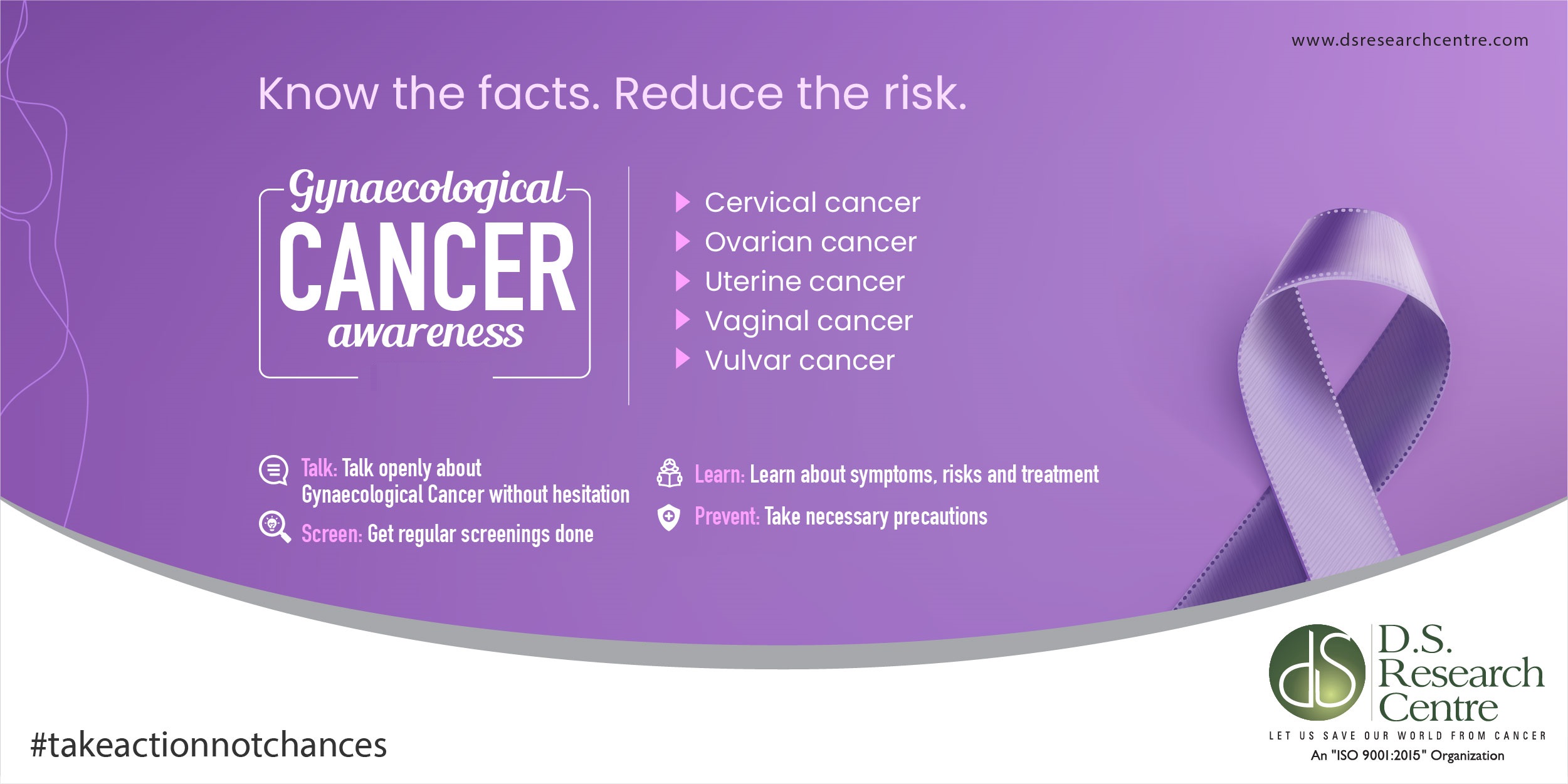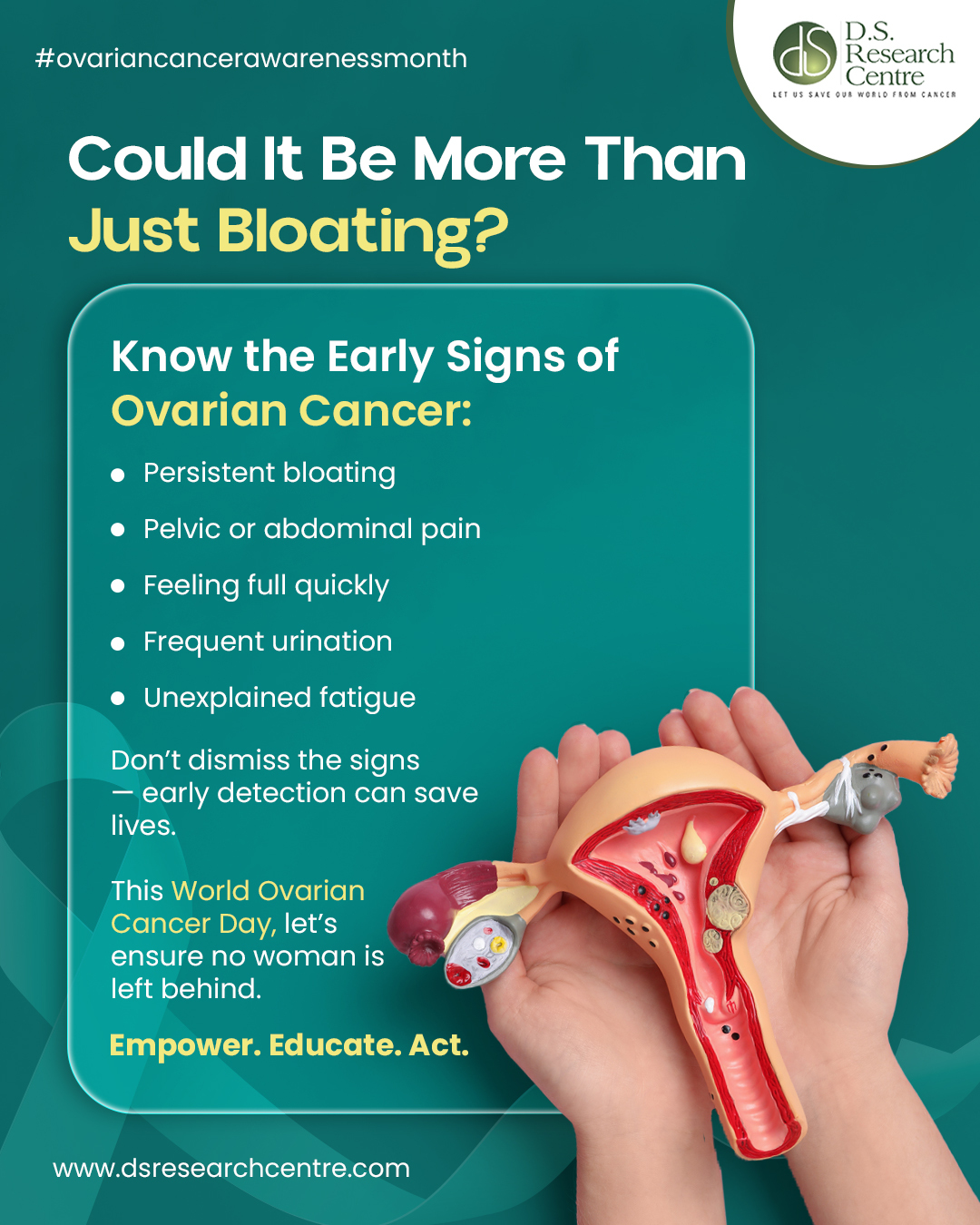Well, when it
comes to the gynaecological cancer, we really need to be alert because ovarian
cancer and cervical are the second and the fourth most common cancers diagnosed
in woman. As these kinds of cancers are mostly diagnosed in their advanced
stages due to the lack of distinct sign
and symptoms and some sort of hesitations in women related to their most
sensitive part in body. This is why gynaecological cancers have high mortality
rate and treatments are most effective only when they are diagnosed early. So,
as the topic says today we are discussing about Gynaecological cancer and its
awareness regarding proper screening and prevention strategies.
What is Gynaecological cancer
By the word
‘cancer’ we understand group of cells which grow beyond normal characteristics
of cell growth and cell division in an uncontrolled and desynchronised manner. When
this happens with the organs of female reproductive system, it is called as gynaecological
cancer.
Common Gynaecological cancer
1. Cervical
cancer
2. Ovarian
cancer
3. Uterine
cancer
Two other forms
of gynaecological cancers which are rare compared to the above types are-
Vaginal cancer
Vulvar cancer
Common symptoms of gynaecological cancer
For the purpose
of easy understanding, let’s discuss about the general symptoms of common
gynaecological cancers-
1. Abnormal
menstrual/vaginal discharge like bleeding in the intermenstrual period, post
coital bleeding or bleeding after menopause needs to be attended carefully.
2. Unusual
vaginal discharge which includes foul smelling, blood mixed vaginal discharge
3. Frequent
tendency of urination without any obvious cause or feeling of constant pressure
over the groin area.
4. Indigestion,
feeling of bloating, unintentional weight loss, abdominal or back pain may be
symptoms during advanced stages.
5.In case of
rare gynaecological cancer like vulvar cancer vulvar pain or tendernss, unusual
sore or skin changes may be the alarming sign.
Gynaecological cancer awareness
How to reduce the risk of Gynaecological cancer
1. Cancer
screening
In case of
Cervical cancer screening tests available, which are
Pap test- All the females ageing 40 years and above and the
group of females having the family history of cervical cancer in their mother,
daughter, sister or other female relative (also called the high risk group)
should periodically undergo pap smear test. It is a specific test which can
detect cellular changes at the cervix level in its precancerous state which can
help to prevent its progression to Ca cervix with proper treatment at the right
time.
HPV test- Females who are infected with Human Papilloma virus are
prone to develop Ca Cervix, vulvar or vaginal carcinoma in the near future. So
all the females ageing 30 years or older should be screened for HPV infection.
2. HPV
Vaccination
This is a way to
prevent HPV infection mostly in the females who are prone for sexually
transmitted diseases which can lead to Cervical cancer, vulvar or vaginal
cancer in the near future. It can be prescribed for the females through the age
of 26years or earlier, but surely with the advice of your doctor. It may be
helpful to prevent specific types of HPV that mostly can cause cervical,
vaginal and vulvar cancer.
3. Identify
the warning signs and talk with your
doctor
As no definite
screening tests are available other than cervical cancer, we must be familiar
with the alarming signs to detect such cancers at an early stage.
To attend the
public education and the health awareness programmes, consult your health
professional, go through the health magazines so that we are able to know about
our body structures in a better way. Only when we are familiar with the normal
then only we can detect the abnormal at its earliest.
4. To
maintain a healthy weight
Almost 70% of
the gynaecological cancers (mostly uterine and ovarian cancer) are associated
with obesity. Being over weight is prone for many cancers. Exercise regularly
and maintain a healthy diet and lifestyle to sustain a healthy weight.
5. Avoid
stress
As stress may
aggravate development of many cancers, try to stay away from stress and
anxiety. The symptoms mentioned above may be the reflections of many other less
serious health conditions also. But the only thing is you need to discuss with
your doctor if you feel or notice anything other than normal. Unnecessary
stress complicates the conditions even more.
Take the help of Ayurveda
Ayurveda is the
holistic approach through which we can retain a healthy life with various
measures mentioned in ancient Ayurvedic literature. Concept of Dinacharya, Ritucharya, Ratricharya, Sadvritta,
Achar rasayana, Pathya,Apathya, meditation, pranayama, yoga mentioned in Ayurveda are really beneficial to
maintain a healthy life and keep Gynaecological cancers away.
It is possible
to treat the gynaecological cancers successfully if they are dectected early.
The only thing is to be alert and to be aware.
Stay Aware, Stay Safe.








Posted on April 15, 2016
Posted on April 15, 2016